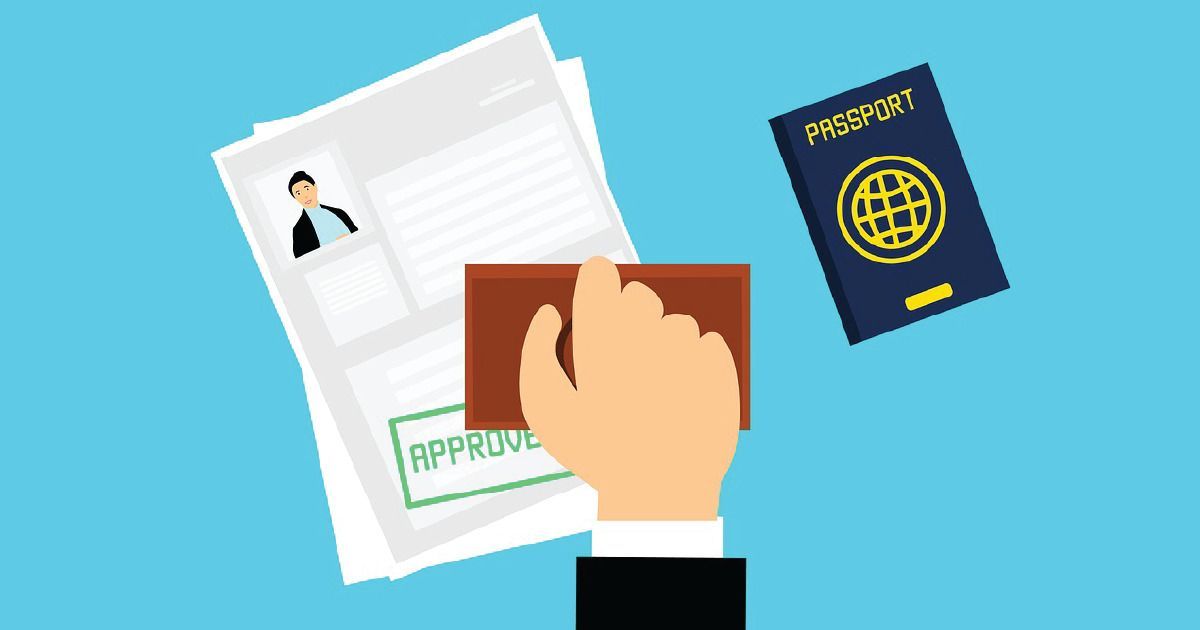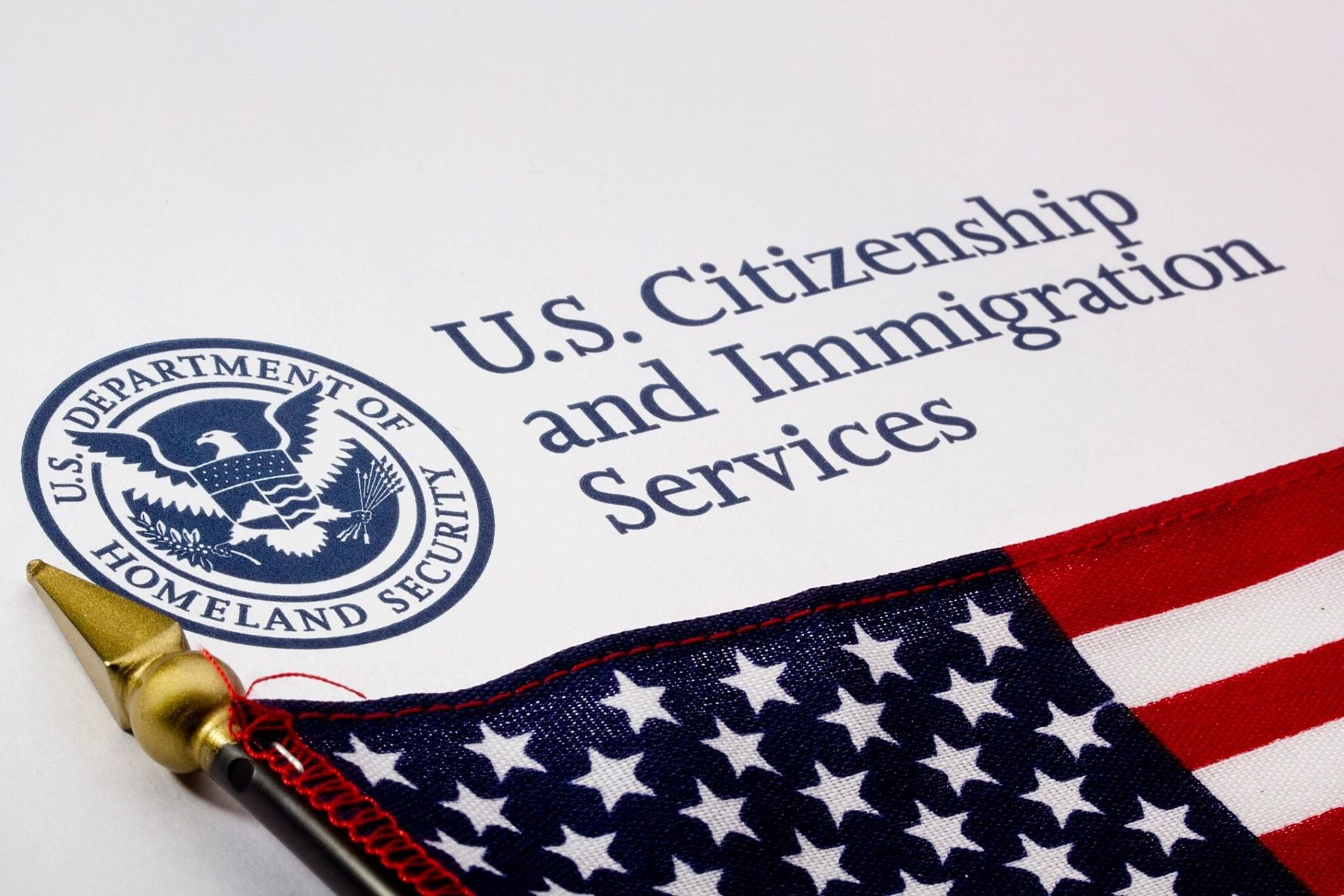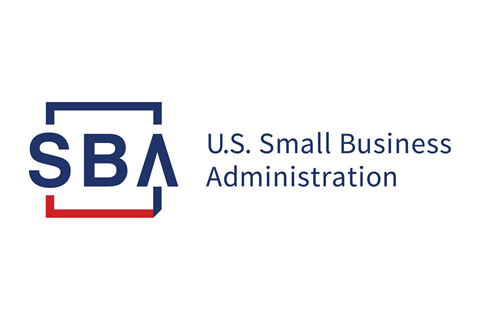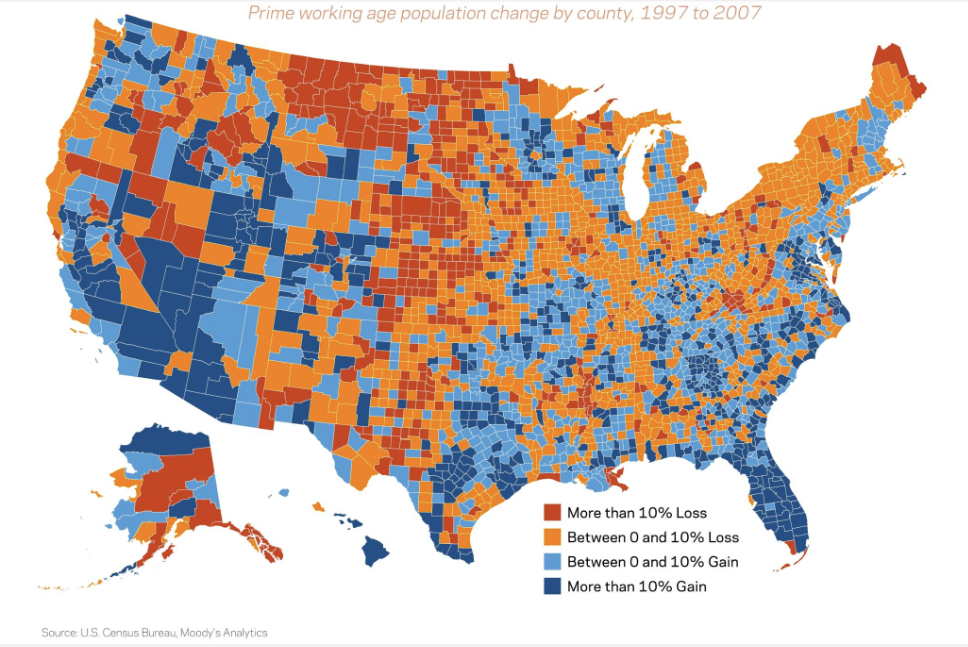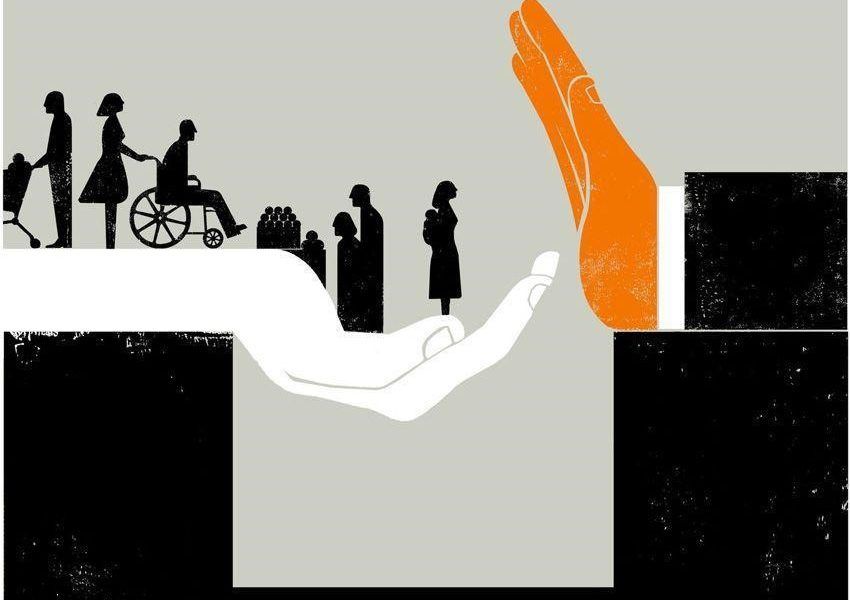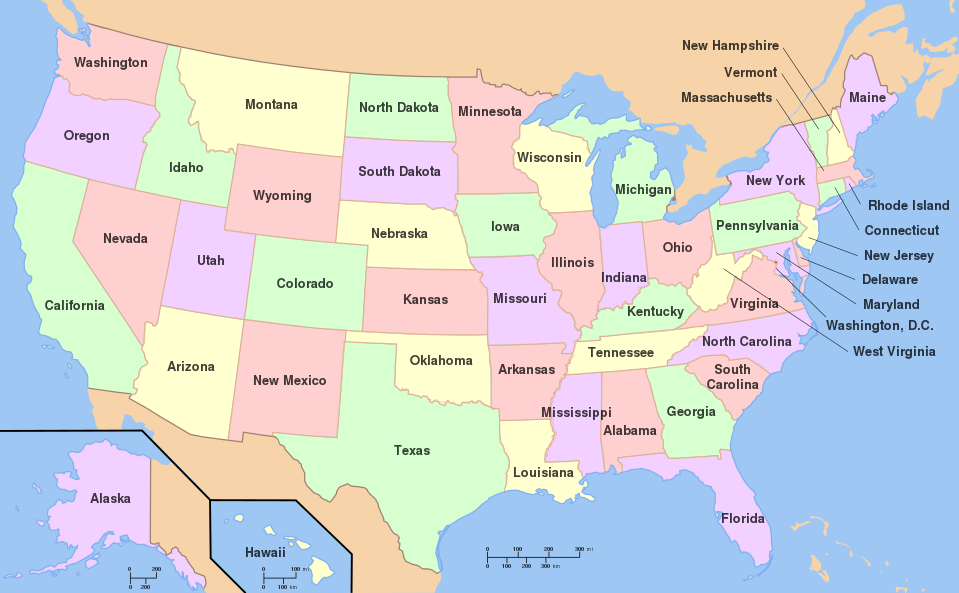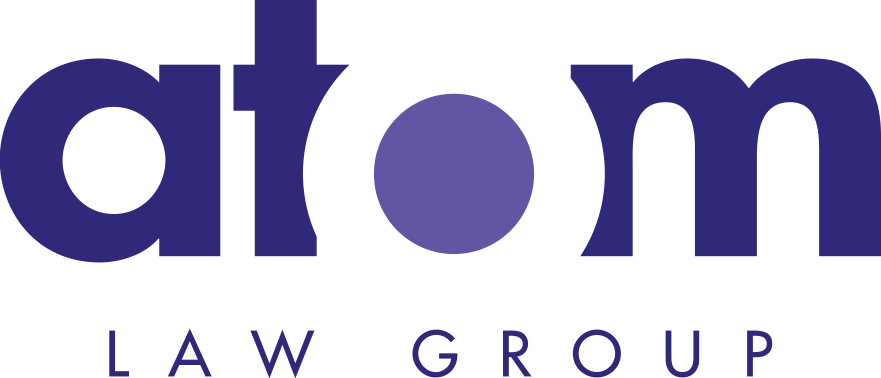THE B-WORD: Will Bankruptcies Spike In The Wake Of COVID-19?
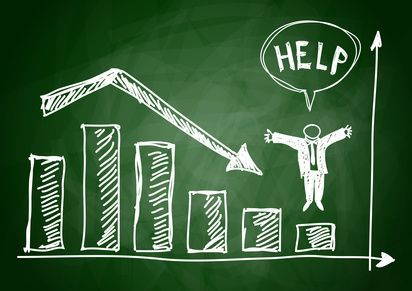
We are well beyond the pandemic threshold of COVID-19, and it’s clear that no precaution is too extreme. Many of us have never known a collective, self-imposed isolation like this. What that has meant for local and regional markets, and many of the businesses in them, is nothing short of disaster.
Entire industries revolve around the ebb and flow of society, starting with the service and hospitality industries. Our government has urged “social distancing” with many major metropolitan areas now enforcing closures and curfews. This means the economic impossible for restaurants, bars, movie theaters, airlines, hotels, and more. While there are talks about an economic stimulus package and financial relief from the federal government, today’s ideas on alleviating the impact of COVID-19 likely won’t make much of a difference in a month or two. When faced with uncertainty, it may be wise to consider (but not dwell on) worst-case scenarios.
Many small and medium-sized businesses are facing permanent closure, and that doesn’t just mean a loss of income for owners and investors. It could mean personal liability. The economic impact of COVID-19 will inevitably mean an unprecedented spike in the closure of businesses across the nation and rise in unemployment levels, but it shouldn’t mean that anyone has to lose their home.
And it doesn’t, should you only know how to protect yourself from it. There is no easy way to begin a conversation about bankruptcy. The connotation of the word is unpleasant. Outside of times like these, bankruptcy is publicized as the incompetency of an individual or group of people in business. It reflects very poorly on those involved on the debtor side. The only thing worse than being seen as a failure is feeling like a failure.
But this isn’t a normal time. COVID-19 is a pandemic. When a deadly virus reaches every part of the world as quickly as this one has, causing entire populations to recede from the kind of routine social behavior that global economies rely on, bankruptcy is not a sign of incompetency.
It’s a sign of business savvy. Pride and ego will not help in recreating your financial future. Learning about the different kinds of bankruptcy and seeking legal counsel will help. We’re not saying that calling a bankruptcy lawyer is the next thing you should do, but it shouldn’t be on the list of things you won’t do, or don’t want to do.
Do we have your attention? Good. Knowledge can only help you here. Stay tuned! Over the next few weeks, we will be picking our attorneys’ brains and organizing bankruptcy law so that those who need to know can learn and get comfortable with life’s next chapter.
